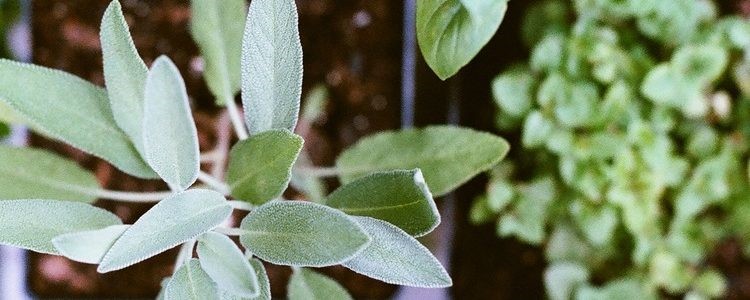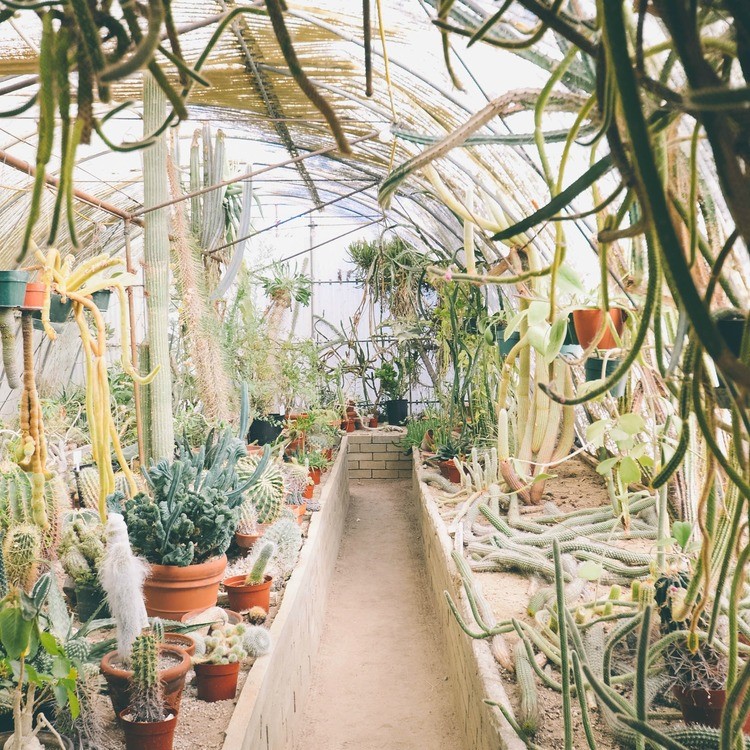
Gardening is well known for both its physical and mental health benefits. Not only does the act of gardening reduce cortisol (one of the stress hormones) and calm the nerves, gardens themselves serve as a contemplative place to relax. Horticultural therapy has been gaining traction for years. It can be used on a large scale as in community gardens, especially at centers for those that have experienced trauma, or on a small scale as a stress reliever when you come home from a long day at work.
Mitchell Hewson, a registered Horticultural Therapist and founder of Canada’s largest horticultural therapy program, says, “Horticultural therapy stimulates thought, exercises the body and encourages an awareness of the external environment. Moreover, the clients who have benefited from this type of therapy report a renewed desire to live, decreased anxiety and improved self-worth.”
Be aware that home gardens are different than community gardens in the sense that, in a community garden, if you forget to water the plants someone else will take care of it. In a private garden all of the weeding and gardening falls to you. Hewson has several tips for creating your own therapy garden:
- Include vegetable- and fruit-producing plants — the ability to grow life-sustaining food strengthens feelings of self-sufficiency.
- Plant herbs that promote good health, and add fragrance to your surroundings.
- Choose plants that can be dried and reused in crafts such as sachets or wreaths. You’ll double your enjoyment of the gardening experience.
- Place a small bench or chair in a shady spot of the garden, so you can enjoy the fruits of your labor.
- Commit to spending a few minutes each day in your garden. Even in small doses, the fresh air, vitamin D and moderate exercise is good for you.
- Make gardens accessible to those with physical limitations by using raised beds.
By creating a green space for ourselves we increase our mental well being and our opportunity to recover from mental stress. Here in Albuquerque we face some unique challenges due to lack of rain and lots of heat. If you want a low key garden, one of the keys is to choose native plants. Getting the plants established will still take a lot of hard work, but once they are strongly rooted they will grow well with very little attention.
Generally our soil is not very high in nutrients. While native plants have evolved to survive in our soil, using an organic fertilizer or a top soil high in nutrients can be a great way to give a transplant the ‘umph’ it needs. When in doubt, you can always talk to a local master gardener. The Albuquerque master gardeners hotline is open March through October and can be reached at 505-292-7144 and 505-243-1386. You can also check out the Albuquerque planting calendar on their website for an idea of what to plant each month of the year. Local greenhouses and plant nurseries are also a wealth of information. Their websites frequently offer planting tips for our climate and knowledgeable staff can often answer questions about specific plants.
Sources: Albuquerque Master Gardeners, Growing Health, NPR, and USA Today.
About us:
The Life Change Institute believes in restoring our clients to their optimum state of health and wellness and in establishing personal skills and practices to prevent future ill health and trauma.

